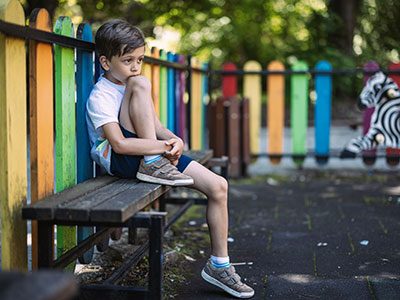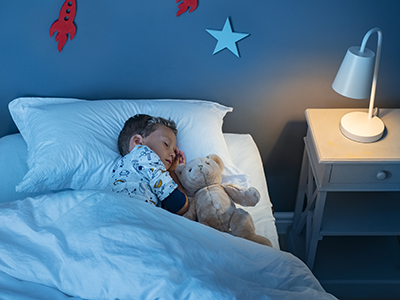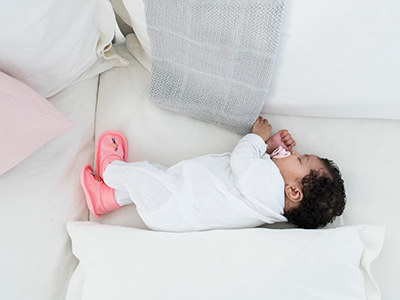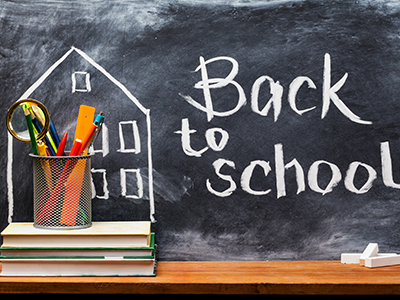Concerned about your children losing ground over the summer without structured classroom time? How do you keep a young brain active and balance all the activities – camps, summer reading lists, chores – with time for kids to just kick back and enjoy their summer?
Kristina Hardy, PhD, a neuropsychologist told The Washington Post about keeping kids “sharp” over the summer. She offers tips here about how children learn to organize their thoughts and build memory skills.
Ensure proper sleep
Dr. Hardy emphasizes that it all starts with making sure kids get enough sleep even if they don’t have to get up for school in the morning. A tired child will have a hard time paying attention and developing mental skills, no matter how involved mom and dad are, so the most important thing is to make sure your child gets enough sleep. Here’s a sleep guide, based on age.
Organize simple tasks
Ask your child to help you prepare a meal with simple ingredients. For example, you can ask him to help you decide what will go into a salad. For young children, three things are enough to practice organizing.
- Discuss and plan: What will go into the salad
- Take physical action: Go get those things from the fridge or garden
- Make the idea come alive: Prepare the salad together
- Reflect: Talk about how these things make a great salad while you’re eating together
By first planning, then doing and then commenting, you help your child understand that making something come together takes multiple steps, including the first step of conceptualizing. This is important to fostering strong executive function, the aspect of mental development that has to do with visualizing, deciding, taking action based on a plan and assessing based on the outcome.
Build working memory skills
Ask your child to help you remember three things. They might be three things at the grocery store or the hardware store, or they might be three things you need to take along for a visit to a friend.
- Ask directly for help: This way your child is focused.
- Create a mental picture for each thing: This helps him (and you!) create more ways to remember your items.
- Ask him to help you recall: He’ll be thrilled that you’ve given him an important task.
- Gather these things: Make the mental images concrete.
Just as you did with making your simple salad, focusing on three things helps your young child grasp that the exercise is about remembering, without the frustration of trying to recall too many things.
This exercise helps build working memory: holding things in mind for a short time while doing something else. These skills are important to succeeding in school, but also in other settings. Teachers ask students to do simple tasks like getting out a notebook and a pencil, and then turning to a certain page.
Helping your child learn through direct and clear discussion is a great way to support a still-developing brain and mind.
 https://riseandshine.childrensnational.org/wp-content/uploads/2024/07/sad-boy-feature.jpg
300
400
webteam
https://riseandshine.childrensnational.org/wp-content/uploads/2017/11/childrens_riseandshine_logo.jpg
webteam2024-07-10 13:43:222024-07-11 13:00:06Helping kids stay connected during summer break
https://riseandshine.childrensnational.org/wp-content/uploads/2024/07/sad-boy-feature.jpg
300
400
webteam
https://riseandshine.childrensnational.org/wp-content/uploads/2017/11/childrens_riseandshine_logo.jpg
webteam2024-07-10 13:43:222024-07-11 13:00:06Helping kids stay connected during summer break


 Kristina K. Hardy, PhD, was a pediatric psychologist within the Division of Neuropsychology at Children’s National and an Associate Professor in the Departments of Psychiatry & Behavioral Sciences and Pediatrics at the George Washington University School of Medicine.
Kristina K. Hardy, PhD, was a pediatric psychologist within the Division of Neuropsychology at Children’s National and an Associate Professor in the Departments of Psychiatry & Behavioral Sciences and Pediatrics at the George Washington University School of Medicine.


















Leave a Comment
Want to join the discussion?Feel free to contribute!